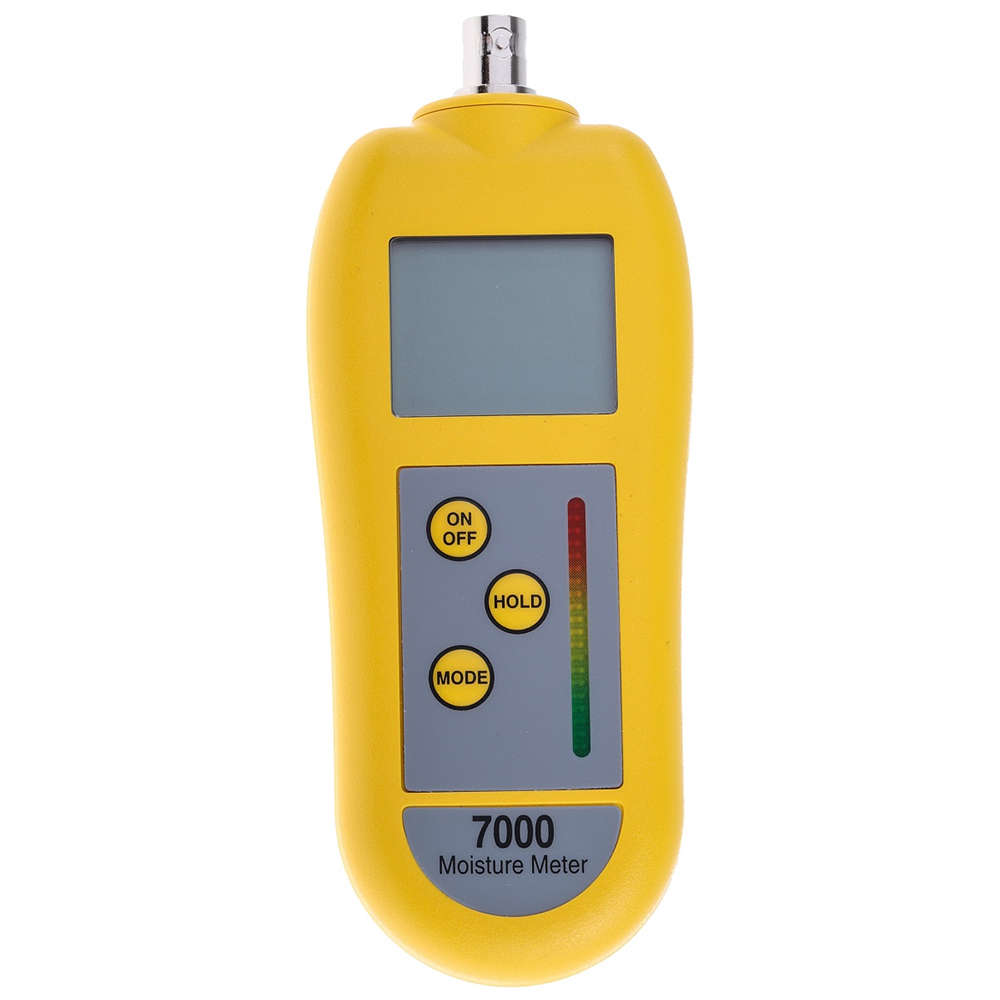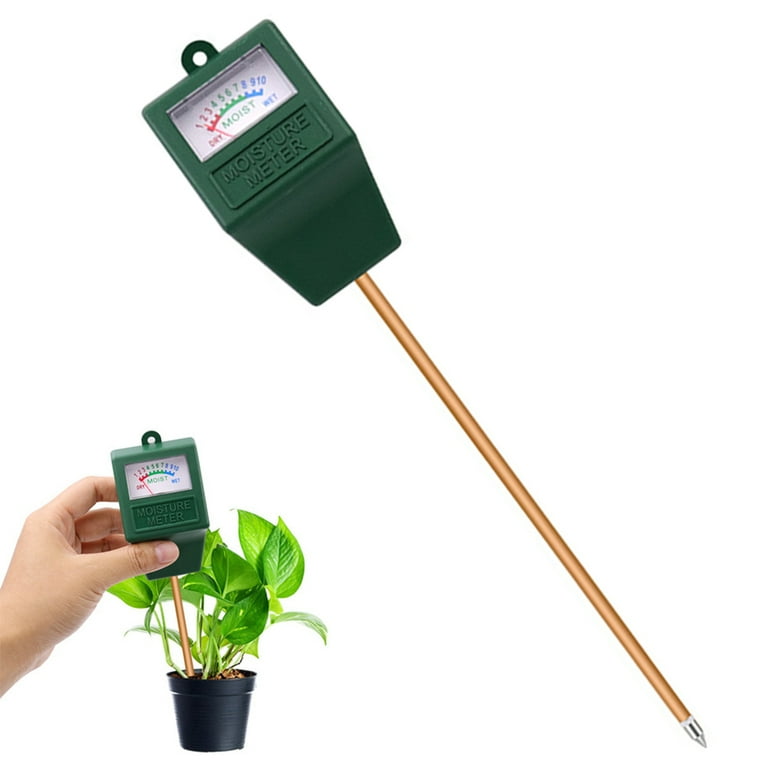Why Every House Owner Demands a Moisture Meter: Trick Benefits and Attributes
Why Every House Owner Demands a Moisture Meter: Trick Benefits and Attributes
Blog Article
The Ultimate Guide to Moisture Meters: A Comprehensive Review and Exactly How They Can Save You Cash
In the world of building upkeep, building, and different industries, the significance of properly gauging dampness levels can not be overemphasized. Wetness meters function as important tools in discovering and checking moisture content in materials, aiding in avoiding expensive damages and guaranteeing the top quality of products. Comprehending the nuances of various kinds of dampness meters, their applications, and the possible cost-saving benefits they use can be a game-changer for organizations and specialists alike. Uncovering exactly how these gadgets can not only enhance processes but additionally add to economic cost savings is a journey worth starting.
Sorts Of Moisture Meters
Numerous kinds of dampness meters are readily available for different applications in different markets. One typical type is the pin-type moisture meter, which determines the electric resistance between two pins put right into a material. This type is ideal for wood, drywall, and other building products. Pinless wetness meters, on the other hand, usage electro-magnetic sensing unit plates to check a bigger location without creating damage to the product's surface. These meters are excellent for rapidly assessing dampness levels in huge locations such as floorings and walls.
Furthermore, there are also specialty wetness meters created for specific materials like grain, dirt, or hay. These meters give accurate wetness analyses customized to the special residential or commercial properties of the material being checked. Infrared wetness meters gauge the thermal homes of a material to identify its moisture web content non-invasively, making them useful for applications where pin or pinless meters may not appropriate. Understanding the different types of moisture meters readily available can assist markets select one of the most appropriate tool for their particular wetness measurement needs.

Benefits of Using Moisture Meters

Moreover, making use of dampness meters can result in boosted power performance. By identifying areas with high wetness degrees, such as leakages or inadequate insulation, adjustments can be made to improve energy conservation and minimize energy prices. In farming settings, moisture meters play an essential function in enhancing plant returns by allowing farmers to keep track of soil wetness degrees and make educated irrigation decisions. Overall, the advantages of making use of dampness meters extend throughout numerous sectors, giving cost-efficient solutions and advertising far better quality assurance practices.
How to Choose the Right Moisture Meter
Picking the suitable moisture meter involves taking into consideration crucial aspects such as material compatibility, dimension array, and calibration precision. When selecting a moisture meter, it's necessary to ensure that the meter appropriates for the certain material you will certainly be testing. Different products have varying electric properties that can impact moisture analyses, so selecting a meter made for your material is crucial for exact results. In addition, think about the dimension variety of the dampness meter. Make sure that the meter can spot dampness levels within the variety required for your applications. Calibration accuracy is an additional vital factor to bear in mind (Moisture Meter). Choose a wetness meter with dependable calibration to make certain accurate and regular analyses. Some meters may call for periodic calibration modifications, so recognizing the calibration process is essential. By carefully examining these factors, you can select a moisture meter that satisfies your demands and provides accurate wetness dimensions for your projects.
Appropriate Methods for Moisture Meter Use
To make sure accurate dampness readings and take full advantage of the effectiveness of a dampness meter, utilizing proper strategies is necessary. When utilizing a pin-type moisture meter, put the pins or probes into the product being evaluated till they make full contact. By complying with these proper methods, users can depend on their moisture meter to supply trustworthy dampness levels, helping in preventing expensive damage or making sure quality in numerous applications.

Expense Cost Savings Through Moisture Meter Applications
Just how can the strategic usage of dampness meters lead to significant cost savings throughout various markets? In the farming market, wetness meters aid in determining the optimum time for collecting plants, protecting against excess or over-drying dampness that can impact the last product's high quality.

In addition, in the food processing industry, moisture meters are vital for keeping an eye on item top quality and ensuring compliance with safety policies. By accurately measuring moisture content in foodstuff, manufacturers can avoid putridity, maintain freshness, and reduce waste, resulting in significant price financial savings. On the whole, the critical application of dampness meters is a useful financial investment that can cause considerable cost reductions and boosted performance across various industries.
Verdict
In final thought, dampness meters are useful devices look what i found for finding and determining wetness degrees in numerous products. By using the appropriate moisture meter and adhering to proper strategies, users can successfully stop pricey problems caused by excess wetness.
Moisture meters serve as important devices in discovering and keeping track of moisture material in products, aiding in preventing expensive damages and making certain the top quality of products. Infrared wetness meters determine the thermal residential or commercial properties of a material to determine its moisture content non-invasively, making them beneficial for applications where pin or pinless meters may not be ideal.Moisture meters supply important advantages in precisely keeping an eye on and examining dampness levels in varied products and atmospheres. In agricultural setups, dampness meters play a vital role in enhancing crop returns by making it possible for farmers to monitor dirt dampness degrees and make site here informed watering choices.In conclusion, moisture meters are valuable tools for discovering and measuring moisture degrees in different go to these guys products.
Report this page